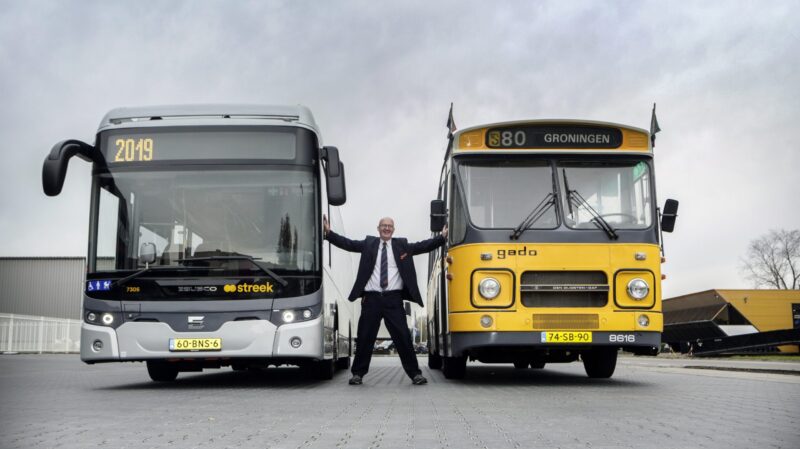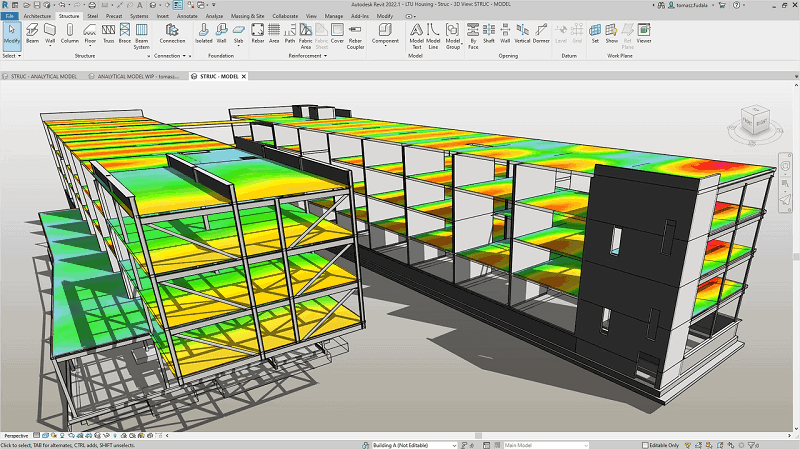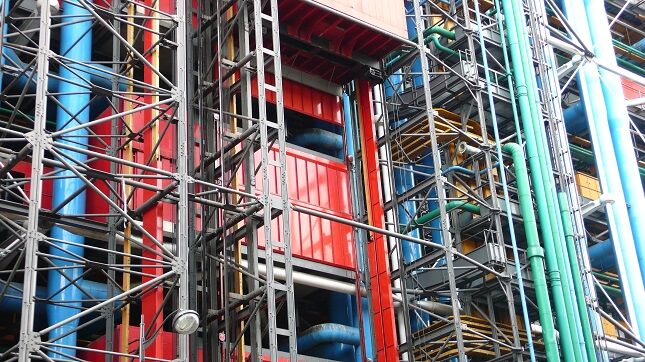Electric buses are gaining popularity as a cleaner alternative to diesel buses, mainly because they’re better for the environment and more cost-effective in the long run.
They produce fewer greenhouse gases while running, which means they contribute less to climate change.
They’re also more efficient at turning energy into motion, making them more eco-friendly.
On top of their environmental benefits, electric buses tend to be cheaper to maintain and operate.
Even though they cost more initially, their overall expenses tend to be lower over time since they have fewer mechanical parts and consume less energy.
This makes them a practical choice for transit agencies looking to save money and reduce environmental impact.
Reduced Greenhouse Gas Emissions

I discovered that electric buses are significantly better for the environment as they produce far fewer greenhouse gas emissions compared to diesel buses.
Stephen P. Holland says in his study that it has shown that the environmental benefit of operating an electric bus fleet, rather than a diesel one, is about $65 million per year in Los Angeles and above $10 million per year in six other Metropolitan Statistical Areas (MSAs) [1].
When we compare the emissions equivalency in miles per gallon, battery electric buses range from 1.4 to 7.7 times better than a diesel bus.
Lower Levels of Air Pollution

Air quality is a significant concern in urban environments. Electric buses enable us to tackle this problem by offering significantly lower levels of air pollution.
Studies on school buses have shown the air quality can be worse inside the bus than outside of it, which is particularly harmful for children, as research shows that childhood asthma and related health issues are worsened by air pollution and vehicle emissions
The American Lung Association states that switching to a nationwide electric transportation system by 2050 could prevent around 6,300 deaths each year.
Additionally, it could help avoid 93,000 asthma attacks and save 416,000 work days annually that would otherwise be lost due to illness. [2]
Noise Pollution

Sven Borén says that Noise pollution is often an overlooked aspect of environmental well-being. Hesuggests that electric buses are, on average, 5 decibels (dBA) less noisy than diesel buses during acceleration from 0 to 35 km/h [3].
As a result, electric buses contribute to a quieter urban environment, which is particularly significant for people living in close proximity to bus routes and transit hubs.
Lower Operational Costs
Electric buses are more economical over time compared to buses with internal combustion engines. It costs about 2.5 times less to power a bus with electricity than with diesel, and electricity prices tend to be more stable than those for gasoline or diesel.
Research from the U.S. National Renewable Energy Laboratory shows that electric buses are five times more fuel-efficient than diesel buses on similar routes.
Additionally, electric motors have significantly lower maintenance costs because they have fewer moving parts and are more efficient.
Maintenance and Longevity Benefits
When it comes to maintenance and longevity, electric buses outperform their diesel counterparts.
Fabian Meishner says that due to their relatively simple design – with fewer moving parts and no internal combustion engine – electric buses may require less maintenance than diesel buses. This results in savings on the overall maintenance costs. They just have longer lifespans in comparison to diesel buses. [4]
Regenerative Braking Systems
S. Vasiljević says that Originally, a vehicle’s braking system was designed solely to reduce speed safely. However, electric vehicles have retained traditional friction brakes while also incorporating a regenerative braking system. This system converts the vehicle’s kinetic energy back into electrical energy, which then recharges the batteries. Common in both fully electric and hybrid vehicles, regenerative braking offers several advantages: it helps recharge the batteries during braking, lowers vehicle maintenance costs by extending the life of disc and drum brakes, reduces brake dust emissions, and also cuts down on heat energy emissions. [5]
Advancements in Electric Battery Technology
This progress has fueled the growth of electric buses, enabling them to become a more viable alternative to diesel buses. Electric bus battery technology allows for increased efficiency, meaning buses can cover longer distances between charges, and their overall operational costs are lower.
In addition to battery enhancements, advancements in electric drivetrain systems have contributed to the increased efficiency and reliability of electric buses. Modern electric drivetrains use sophisticated control systems that enable smooth acceleration, deceleration, and braking, ensuring a comfortable and safe ride for passengers.
Some notable advancements in electric bus battery technology include:
- Greater energy density: Today’s electric bus batteries can store more energy in the same amount of space, allowing for more extended range and improved performance.
- Faster charging: Rapid charging technologies have been developed to minimize downtime, making electric buses more suitable for busy transit routes.
- Longer lifespan: Battery life has significantly improved, resulting in lower replacement costs and increased overall vehicle life.
Final Words

Reflecting on the shift toward electric buses, I’m genuinely impressed by how much they offer beyond just being environmentally friendly. Their ability to reduce both air and noise pollution transforms urban environments, making cities quieter and the air cleaner—a change that benefits everyone. From a financial perspective, the lower operating and maintenance costs of electric buses make them an increasingly smart choice for public transit.
REFERENCES:
- Stephen P. Holland, Erin T. Mansur, Nicholas Z. Muller, Andrew J. Yates, The environmental benefits of transportation electrification: Urban buses, Energy Policy, Volume 148, Part A, 2021, 111921, ISSN 0301-4215, https://doi.org/10.1016/j.enpol.2020.111921.
- https://www.lung.org/clean-air/electric-vehicle-report
- Borén, S. (2020). Electric buses’ sustainability effects, noise, energy use, and costs. International Journal of Sustainable Transportation, 14(12), 956–971. https://doi.org/10.1080/15568318.2019.1666324
- Meishner, F. and Sauer, D. U. (2020). Technical and economic comparison of different electric bus concepts based on actual demonstrations in european cities. IET Electrical Systems in Transportation, 10(2), 144-153. https://doi.org/10.1049/iet-est.2019.0014
- S Vasiljević et al 2022 IOP Conf. Ser.: Mater. Sci. Eng. 1271 012025DOI 10.1088/1757-899X/1271/1/012025








